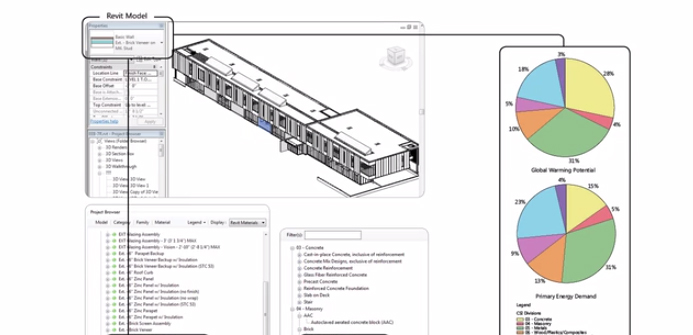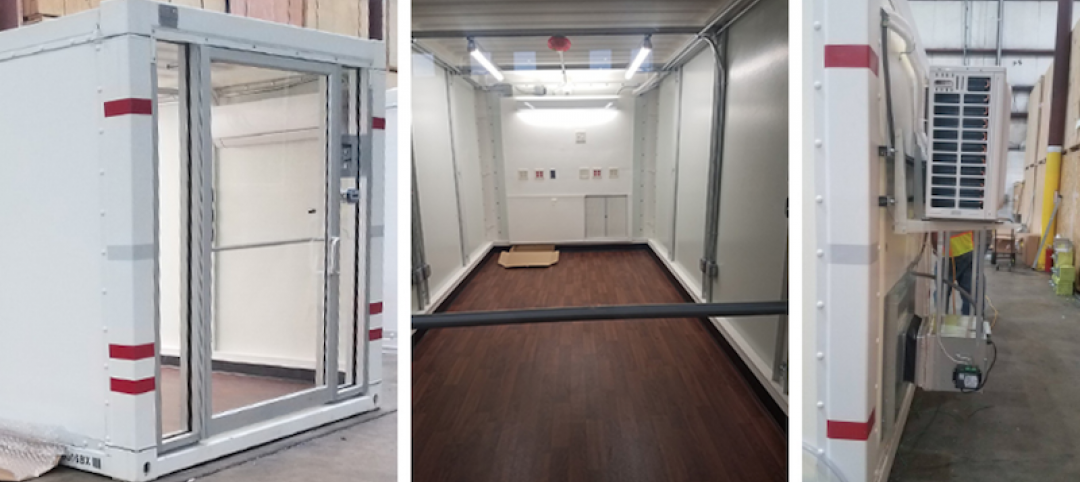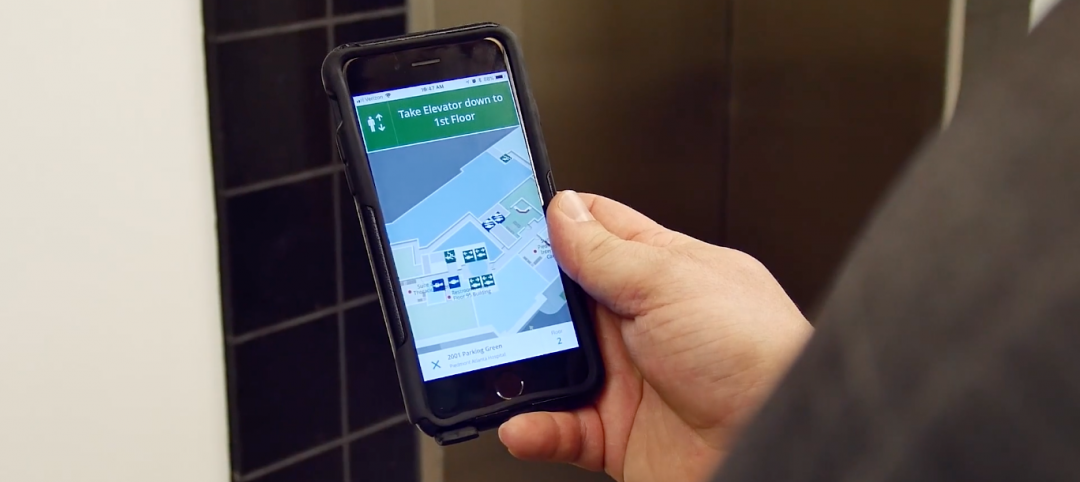Architecture firm KieranTimberlake, in conjunction with PE International and Autodesk Sustainability Solutions, announce the commercial availability of Tally, a software application for Revit that calculates the environmental impact of building materials.
It is the only application to be fully integrated into Revit, providing architects, engineers, and building professionals with insight into how materials-related decisions made during design influence a building’s overall ecological footprint.
Backed by the rigor and credibility of GaBi data from PE International, the application enables life cycle assessment (LCA) on demand, documenting information across eight life cycle impact categories that align with LEED v4 and other rating systems.
The commercial release follows a three-month public beta, in which nearly 500 users tested Tally and provided feedback on a broad range of design scenarios.
Bringing Life Cycle Data to the Design Process
While working in a Revit model, Tally users correlate modeled elements to a custom LCA database built on GaBi, the largest environmental dataset for LCA used by leading corporations worldwide for both internal and critically-reviewed published studies. The database combines material attributes, assembly details, engineering and architectural specifications with environmental impact data, including branded information from manufacturer environmental product declarations (EPDs).
“Tally empowers design professionals to evaluate product impacts early in the design phase, enabling smarter material selection, and ultimately the construction of better, high-performance buildings,” states Heather Gadonniex, director of strategic business development for PE International.
“Tally addresses a range of questions, whether comparing a whole building to a benchmark, exploring variations in building massing or construction type, or selecting finishes,” explains Roderick Bates, Tally development team leader at KieranTimberlake. “It can show where the largest environmental impacts reside within a design, and ways in which they compare across material options.”
Complete Bill of Materials
Buildings are composed of thousands of parts, each with their own origins and manufacturing flows, not all of which are accounted for in a Revit model. Tally helps paint a comprehensive portrait of a building and the products that go into it.
The specific quantities of materials like paint, sealants, fasteners, or grout not modeled in Revit are essential to a life cycle assessment. Tally lets users assign materials and quantities, then leverage the tool to perform material takeoffs and provide a complete bill of goods for a building. Currently, no other environmental assessment tool provides this function.
New enhancements and features have been released in the commercial version:
- Data can now be added to a Revit template to save time and promote firm-wide consistency.
- Elements from linked models can be filtered by phase and workset.
- New assemblies have been added, including a wide array of cladding panels, complete with hardware and finishes.
- New materials have been added, including actual GaBi life cycle data from product manufacturer EPDs.
Pricing and Information
Tally is available immediately as a 30-day free trial through Autodesk Exchange or http://www.choosetally.com, where video tutorials are also available. After 30 days, a license must be purchased to continue use. The cost per floating license is $1,200 USD annually. Educational licenses for non-commercial use are available by request to support@choosetally.com.
Related Stories
Coronavirus | Apr 21, 2020
COVID-19 update: CallisonRTKL, Patriot, PODS, and USACE collaborate on repurposed containers for ACFs
CallisonRTKL and PODS collaborate on repurposed containers for ACFs
Multifamily Housing | Apr 15, 2020
Related Group picks Stantec to design and engineer Manor Miramar residences in Florida
Related Group picks Stantec to design and engineer Manor Miramar residences in Florida.
Coronavirus | Apr 4, 2020
COVID-19: Architecture firms churn out protective face shields using their 3D printers
Architecture firms from coast to coast have suddenly turned into manufacturing centers for the production of protective face shields and face masks for use by healthcare workers fighting the COVID-10 pandemic.
Coronavirus | Mar 30, 2020
Learning from covid-19: Campuses are poised to help students be happier
Overcoming isolation isn’t just about the technological face to face, it is about finding meaningful connection and “togetherness”.
Coronavirus | Mar 15, 2020
Designing office building lobbies to respond to the coronavirus
Touch-free design solutions and air purifiers can enhance workplace wellness.
Architects | Mar 11, 2020
S/L/A/M/ Collaborative grows significantly in deal with CBRE
The architectural firm acquires five of Heery’s practices and adds 70 people.
University Buildings | Mar 9, 2020
Designing campus buildings through an equity lens
As colleges become more diverse, campus conversation is focusing on how to create equitable environments that welcome all voices.
Architects | Mar 9, 2020
New York's façade inspection program gets an overhaul following a death from falling terra cotta
January 14, 2020, kicked off big changes to the NYC Local Law 11 Façade Inspection and Safety Program (FISP) for Cycle 9.
Healthcare Facilities | Mar 9, 2020
Mobile wayfinding platform helps patients, visitors navigate convoluted health campuses
Gozio Health uses a robot to roam hospital campuses to capture data and create detailed maps of the building spaces and campus.
AEC Innovators | Mar 5, 2020
These 17 women are changing the face of construction
During this Women in Construction Week, we shine a spotlight on 17 female leaders in design, construction, and real estate to spur an important conversation of diversity, inclusion, and empowerment.

















